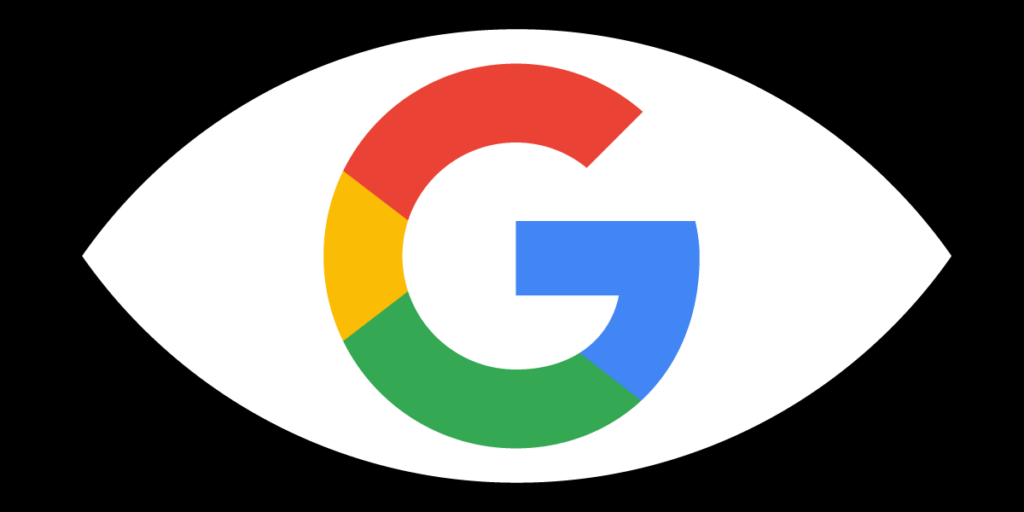This week we took some time to consider the privacy implications of using Google in the classroom. While for many this decision is almost a no-brainer, there are certain people who take serious issue with integrating Google into the learning environment. Because students are required by law to go to school, they are almost certain to partake in the activities chosen by their teacher. If a large multi-national corporation, like Google, is chosen by the teacher to facilitate certain aspects of the classroom, the students have very little agency to opt-out of this decision.

While many people use Google regularly without issue, there is one family who made headlines in SD61 in recent years for pushing back against the requirement to use Google Classrooms. This article was certainly thought provoking, but as I read many of the responses submitted by readers, I—like many of them—found myself unconcerned by Google’s near omnipresence in schools.

Certainly it is necessary to subject Google—along with other large tech corporations—to scrutiny, because of the power it holds; in the form of user data, and financial resources. I do think, however, Google appears to be less guilty of manipulating users than social media platforms such as Facebook, Instagram, and Tik-Tok (among others). These platforms use psychological research to keep users engaged longer than is healthy for them, and they have long been accused of paving the way for a severe deterioration of the average person’s ability to focus on a single task. In terms of guilt for user manipulation, it seems there are platforms which outperform Google. More gains could be made from holding social media platforms to account for their malevolent aims than banning the Google suite from classrooms.




